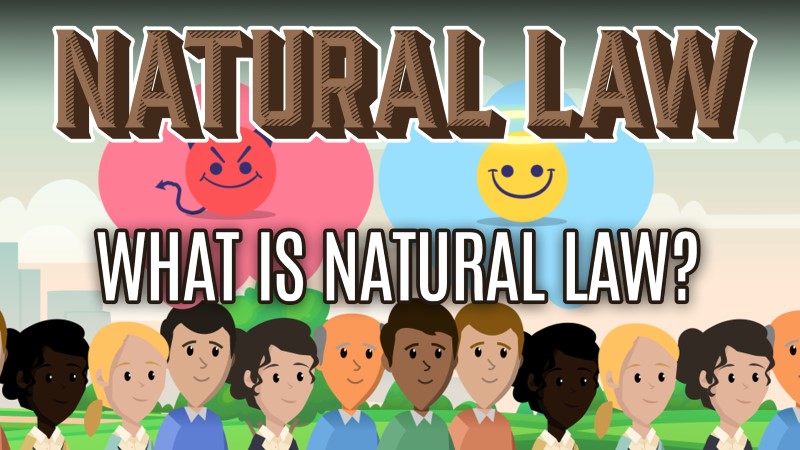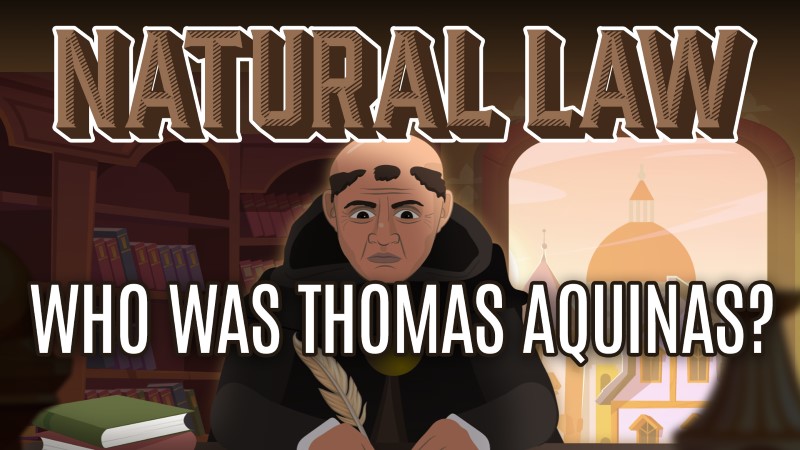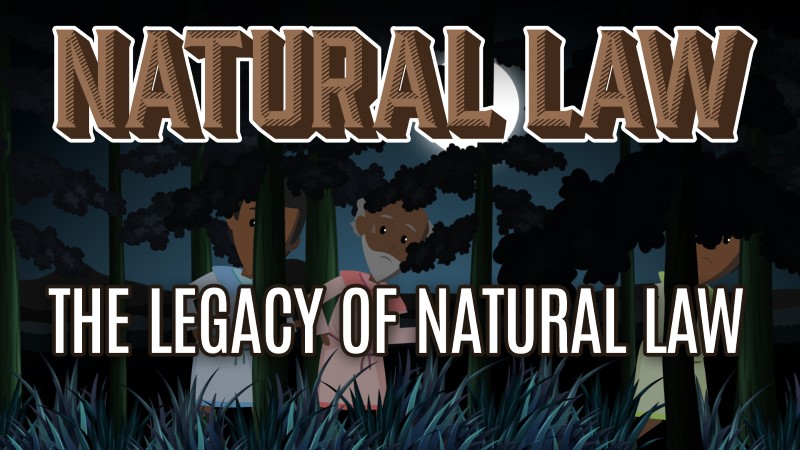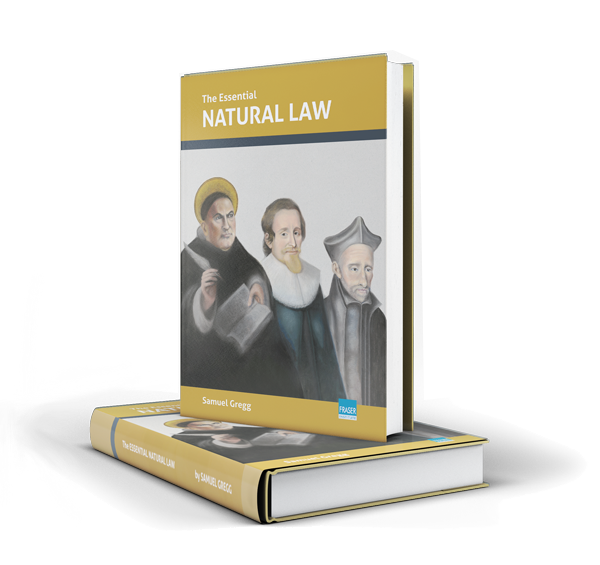by Samuel Gregg
Few ideas have been as influential in the development of moral, political, legal, and economic thought in the broad Western tradition as the idea of natural law. It is also true that the understanding of natural law and its influence on specific norms and institutions—rights, justice, private property, rule of law, limited government, etc.—is not anywhere near as widespread in the twenty-first century as it was just 100 years ago. This book aims to help rectify this deficit by explaining the basic principles of natural law and highlighting significant contributions that key natural law scholars have made to ideas and concepts that have encouraged the growth of free societies.
The idea of natural law holds that all people, whatever their ethnicity, culture, or religion, can know the difference between good and evil, right and wrong. The idea, for example, of the Golden Rule—do unto others as you would have them do unto you—is understood as a principle of moral conduct that everyone can know. While such beliefs are applied to different and changing conditions and problems, the core principles always apply.
However, natural law is not a static tradition of thought. It has developed over time, partly through natural law theorists clarifying particular concepts, and partly through its proponents responding to ongoing intellectual challenges to its positions and changes in the realm of politics, society, and the economy. Whether it was the encounter between Europeans and the peoples of the New World in the late fifteenth century, or questions about what justice meant in the context of emerging market economies in the late eighteenth century, natural law scholars have applied natural law principles to discern how people should choose and act in these changing contexts.
While this book seeks to introduce readers to how natural law thinkers have contributed to the enhancement of freedom in the political, legal, and economic realms, we will focus on some scholars more than others. These include individuals like Thomas Aquinas (1225-1274), Francisco Suárez, and Hugo Grotius, to name just a few. Some focused their attention on very practical challenges arising from liberty of commerce within and across sovereign boundaries, while others explored the rights and obligations of individuals to each other as well as the state. All these endeavors helped to furnish an apparatus for thinking about the political, legal and economic institutions necessary for promoting freedom and justice.
Download the Book
Get a digital copy of the book. Choose the version you prefer below.
Explore the Book
Chapter by chapter summary of the book.
-
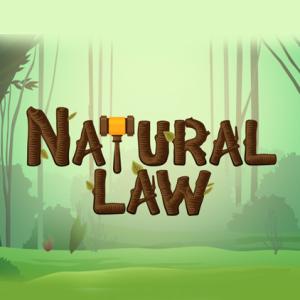
Chapter 1
What is Natural Law?
The origins of the expression “natural law” are to be found in debates between the Greek philosopher Plato and those thinkers known as the Sophists. In broad terms the Sophists believed that politics was not about questions of right, wrong, justice, or injustice. They maintained that social arrangements reflected whoever was the strongest. Hence, it was “natural” for the strong to rule the weak. Such was the “law” of human “nature.”
Plato disagreed with the Sophists. For him, politics and justice could not be reduced to the rule of the strong. Nevertheless, Plato recognized the rhetorical power of the term “natural.” He thus decided to use it for his own purposes. In Plato’s thought, “natural” became a way of saying “human,” and one distinctive feature of humans is that we have reason. This is what makes humans different from animals. They act according to instinct alone. We do not.
-
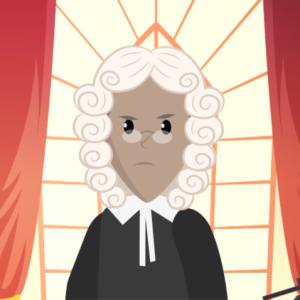
Chapter 2
Rights and Justice
The legal obligation to respect rights has been formally recognized by most countries since the 1948 United Nations Declaration of Human Rights. Yet as one of the members of the Declaration’s drafting committee stated at the time, “We are unanimous about these rights on condition that no one asks why” (Thils, 1981: 51). The participants, it appears, decided that agreement on a common philosophical foundation for rights was unlikely to be achieved.
Rights are usually presented as a product of a modern post-Enlightenment world and associated with figures like John Locke and events such as the American and French Revolutions. There is, however, a strong case to suggest that the first substantive conceptions of rights were developed by medieval natural law thinkers whose ideas on this subject were clarified and developed further by their modern counterparts, some of whom were reacting to expansionist tendencies on the state’s part.
-
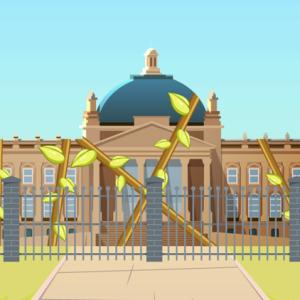
Chapter 3
Limited Government and Rule of Law
Any discussion of the nature and ends of liberty and justice inevitably touches upon the role of government and law in society. A good place to begin reflecting upon natural law’s approach to these questions is Aquinas’s understanding of law.
In his Summa Theologiae, Aquinas defined law “an ordinance of reason for the common good, made by him who has care of the community, and promulgated” (ST I-II, q.90, a.4). “Law” in this statement means laws formally made by the legitimate political authority. “Reason” means natural law, which signals the law itself must be reasonable rather than driven by whatever the authorities just happen to want. “Him” means the political authority: i.e., government and legal officials such as legislators, judges, and government ministers. Finally, the “common good” means the conditions that assist individuals and groups in a given political community to make free choices for the goods that promote human flourishing.
-

Chapter 4
Property and the Economy
If individuals and communities are to make free choices for moral goods and to be virtuous, they often require what might be called “instrumental goods.” These are goods that have their own value and which can be used to protect and promote the pursuance of fundamental goods like work and truth, but which are not in themselves fulfilling.
-
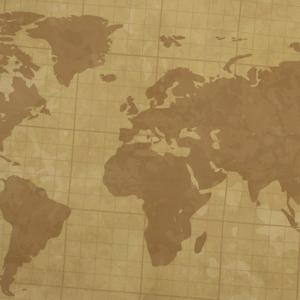
Chapter 5
The Law of Nations and International Trade
Prior to the eighteenth century, the dominant economic framework of post-medieval Western Europe was essentially mercantilism. This was a way of economic thinking and acting which held that nations became rich by encouraging exports and restricting imports (LaHaye, 2021). Governments acted to protect merchants from foreign competition by imposing tariffs and quotas on imports, as well as granting monopolies on the production of particular goods or trade routes to particular merchants. Trade by sea was especially restricted under mercantile arrangements. While it was rare for states to ban outright the importation of goods and services from abroad, governments introduced a number of restrictions that served to minimize competition.
-

Chapter 6
Conclusion
Over the centuries, natural law ethics and reasoning has proved extraordinarily resilient. The relative influence of different philosophical positions waxes and wanes. But natural law’s understanding of the character of reason and the human mind’s capacity to know the truth about reality remain immensely attractive to people living in very different social, political, economic conditions,
About the Author
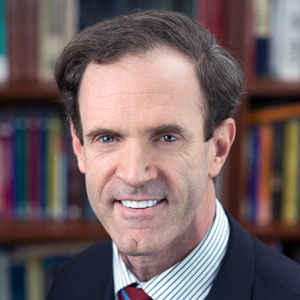
Samuel Gregg
Samuel Gregg is Research Director at the Acton Institute in Grand Rapids, Michigan. He is also a Visiting Scholar at the Feulner Institute at the Heritage Foundation in Washington DC, a Fellow at the Center for the Study of Law and Religion at Emory University in Atlanta, Georgia, and a Contributing Editor at Law and Liberty, part of the Liberty Fund Network in Indianapolis, Indiana. The author of 16 books—including the prize-winning The Commercial Society (2007), Wilhelm Röpke’s Political Economy (2010), Becoming Europe (2013), the prize-winning Reason, Faith, and the Struggle for Western Civilization (2019), and over 400 articles and opinion pieces—he writes regularly on political economy, finance, American conservatism, Western civilization, and natural law theory. He served as President of the Philadelphia Society from 2019-2021. He is the General Editor of Lexington Books’ Studies in Ethics and Economics Series.
He also sits on the Academic Advisory Boards of Campion College in Sydney, Australia; the Fundación Burke in Madrid, Spain; the Instituto Fe y Libertad in Guatemala City, Guatemala; the Institute of Economic Affairs in London, United Kingdom; the Argaman Institute in Jerusalem, Israel; as well as the editorial boards of the Journal of Markets and Morality and Revista Valores en la sociedad industrial. In 2001, he was elected a Fellow of the Royal Historical Society, a Member of the Mont Pèlerin Society in 2004, and a member of the Royal Economic Society in 2008.
Additional Resources
Listed below are links to other websites where you can learn more about the basic principles of Natural Law.
Listed below are links to other websites where you can learn more about the basic principles of Natural Law.
The Natural Law Tradition in Ethics from Stanford Encyclopedia of Philosophy
A detailed explanation of the natural law tradition in ethics, including its origins and defining features, and the central role of Thomas Aquinas in shaping the natural law tradition.
Wacks, Raymond (2014). Philosophy of Law: A Very Short Introduction. Oxford University Press.
An approachable historical introduction to the study of Natural Law, with an emphasis on the field of natural law within the greater context of the philosophy of natural law.
Natural Law, Internet Encyclopedia of Philosophy
An overview of the natural law theory and its core elements, including the Overlap Thesis, classical naturalism of scholars Thomas Aquinas and Sir William Blackstone, the four kinds of law as described by Aquinas, as well as an explanation of the distinction between natural law as a moral theory and as a type of legal theory.
Natural Law, Thinking Fellows (Podcast).
On this episode of the Thinking Fellows, the podcast hosts are joined by Dr. Russell Dawn to discuss the origins of natural law, its influence on our everyday and its role as a tool for understanding human laws.
Thomas Aquinas
Thomas Aquinas from Stanford Encyclopedia of Philosophy
A detailed overview of Thomas Aquinas, including his early life, education, major works, his contributions to the study of Christian philosophy and theology, and his influence on the natural law tradition.
The Natural Law (Aquinas 101), The Thomistic Institute.
A concise educational video that explores the roots of Thomas Aquinas's theory on natural law and its relation to human law. An emphasis on the influence of eternal law, and the five principal natural inclinations as defined by Aquinas.
Philosophy – Thomas Aquinas, The School of Life.
An engaging educational video that discusses Thomas Aquinas's contributions to the study of moral philosophy, including his philosophy regarding the role of reason in human life, and his views on reconciliation of faith and reason, and religion and science.
Natural Law Theory: Crash Course Philosophy #34, Crash Course.
An introduction to natural law theory, with an emphasis on Aquinas's views on the moral universe and the place of human beings in it, the seven basic goods, and the role of instinct and reason in shaping the natural law.
The Natural Law Theory of Thomas Aquinas, Public Discourse: The Journal of the Witherspoon Institute, by Thomas D'Andrea.
This article provides an introductory understanding of the fundamentals of Thomas Aquinas's natural law doctrine as described in his masterwork, "Summa Theologiae."
Essential Scholars is brought to you by
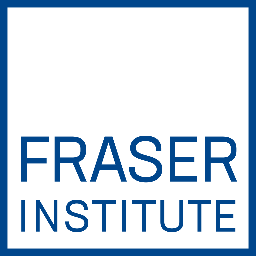
Fraser Institute
Institute for Economic Affairs
Institute of Public Affairs
Foundation for Economic Education
Acknowledgements
Made possible by generous grants from the Lotte and John Hecht Memorial Foundation, the John Templeton Foundation, and the Peter and Joanne Brown Foundation.
